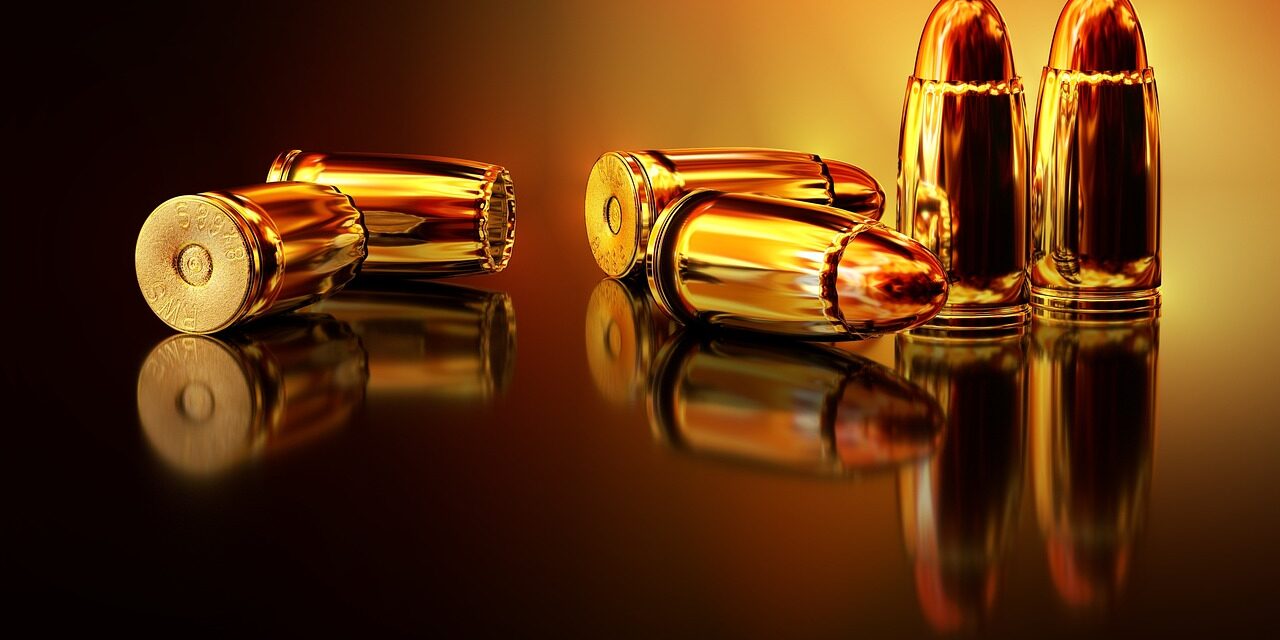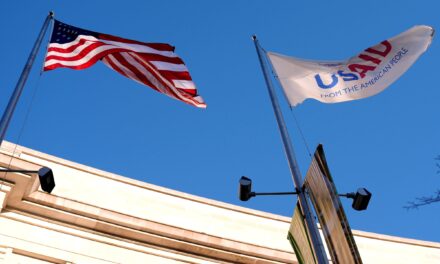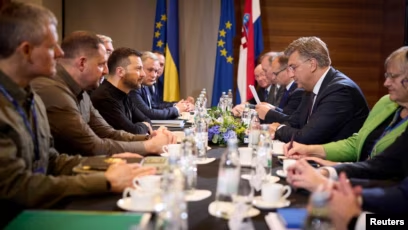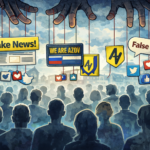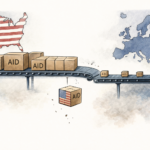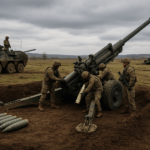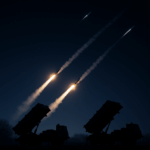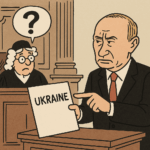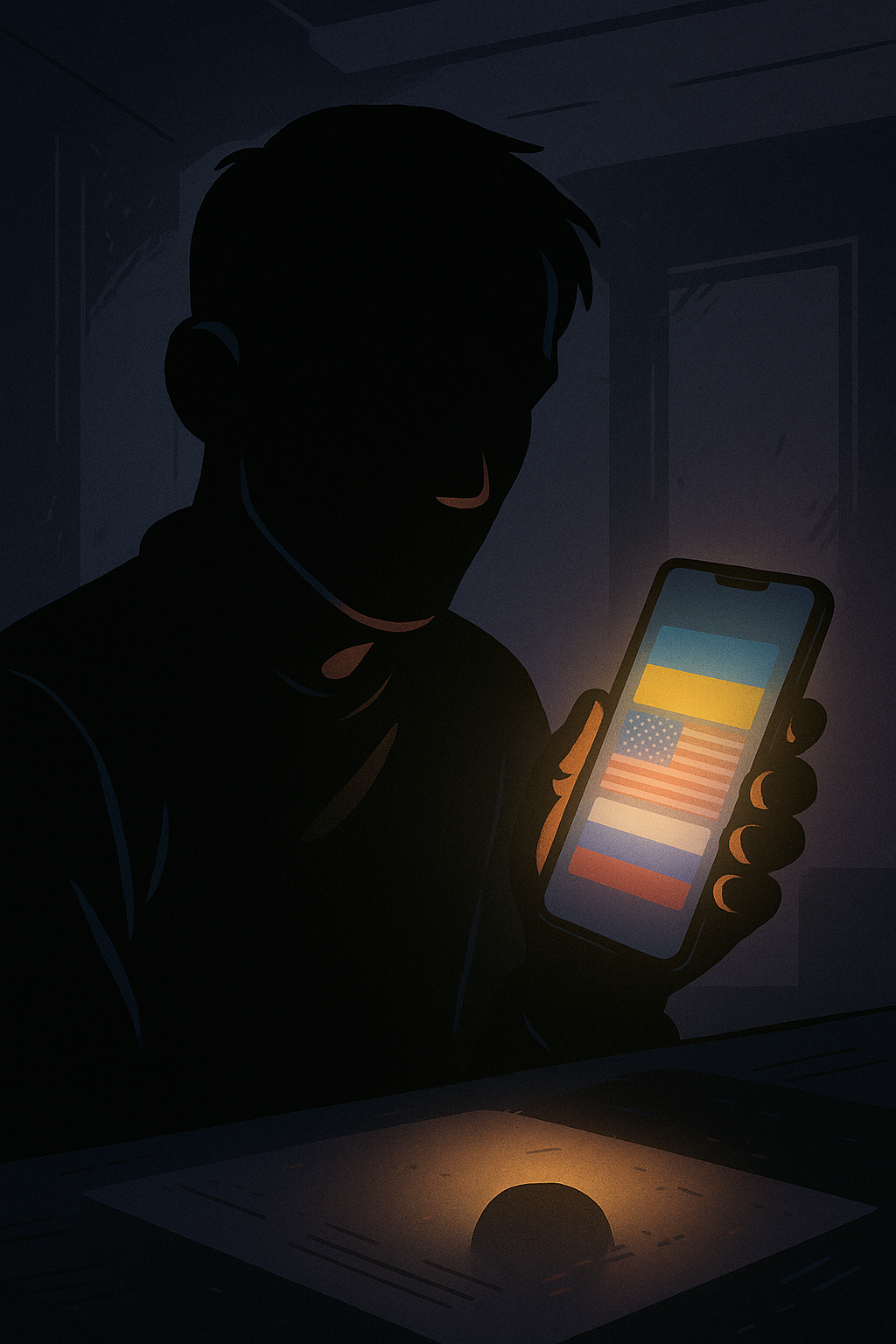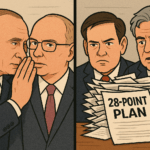On October 31, Patriarch Kirill, the leader of the Russian Orthodox Church, addressed ongoing social and ideological divides within Russian society during a meeting of the Bureau of the Presidium of the World Russian People’s Council. He reiterated the justifications for the war in Ukraine, emphasizing that it represents the “most pressing threat” to the Russian state. Kirill expressed concern that many Russians are ignoring the realities of the conflict and prioritizing personal comfort over the struggles faced by those near the frontline. His comments indicate a growing concern within the Kremlin about the waning public support for the war and potential apathy among citizens, particularly those not directly affected by the conflict.
Kirill’s remarks came amidst polling that suggests a decline in support for local government and certain policies related to the war, despite continued backing for President Putin. This discontent may be exacerbated by the prospect of renewed mobilization efforts, which many Russians are resistant to. Kirill’s critique of societal apathy may be an early indication of the Kremlin’s attempts to prepare the population for additional mobilization and bolster support for the ongoing military campaign.
Additionally, Kirill addressed the rise of brutality within the military, attributing it to the influence of neo-pagan ideologies that glorify violence. He also condemned Halloween celebrations, likely linking them to broader concerns about moral decay in society. Reports of increasing violence perpetrated by returning servicemen, particularly former members of the Wagner Group, highlight the issue of unaddressed psychological trauma among veterans.
Kirill further pointed out the significance of ethno-religious tensions and migration issues as internal threats to Russian stability. This reflects the Kremlin’s struggle to manage nationalist sentiments while relying on migrant labor for economic and military support, as articulated by officials like Dmitry Medvedev.
In international efforts, Russian Foreign Minister Sergei Lavrov met with North Korean officials, securing support for Russia’s objectives in Ukraine. North Korean troops are reportedly preparing to engage alongside Russian forces, although experts predict this will not provide a long-term solution to Russia’s manpower challenges, given high casualty rates among Russian troops.
In contrast, the U.S. is enhancing its military support for Ukraine, announcing a new aid package that includes advanced weaponry aimed at bolstering Ukrainian defenses. Meanwhile, attempts by Russian authorities to enforce new regulations on social media accounts have faced implementation challenges, with the planned deanonymization of accounts failing to materialize by the specified deadline.
In summary, the current situation highlights increasing concerns regarding internal dissent and societal strains within Russia amid the war, as well as a simultaneous push for international military alliances that may not ultimately resolve ongoing challenges faced by Russian forces in Ukraine.
Read more at Institute for The Study of War

